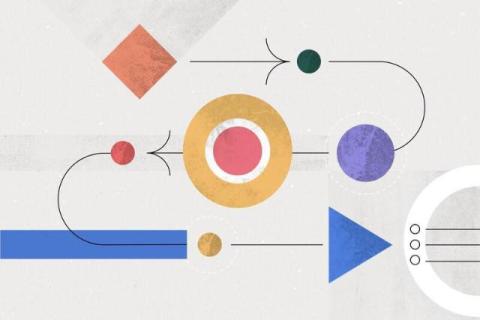Project tracking 101: A guide to tracking projects effectively
When team members struggle to understand their individual responsibilities and deadlines, it can lead to confusion and delays. And without a clear view of a team’s project progress, it's difficult for managers to identify which tasks are lagging behind or need immediate attention. Project tracking addresses these issues by providing a transparent and real-time overview of all tasks, responsibilities, and due dates, ensuring everyone is aligned and on schedule.










